| Rijkswaterstaat (RWS) is responsible for the design, construction, management and maintenance of the main infrastructure facilities in the Netherlands. This includes the main road network, the main waterway network and national water systems. RWS conducts various knowledge and implementation tasks in the field of water management. RWS is the competent authority for the Dutch Continental Shelf and RWS is also responsible for the coordination and exploitation of the MSFD national monitoring. RWS is the primary MSFD policy advisor for the Ministry of Infrastructure and Water Management. |  |
The Federal Maritime and Hydrographic Agency (BSH) is responsible for maritime safety, hydrographic survey, maritime pollution monitoring, and approvals of offshore installations within the region of the German EEZ. The BSH is the authority for national and international implementation of various MSFD requirements (UZ6-03 Noise Mapping and UZ6-02 Establishment and Operation of the National Noise Register). Monitoring activities focus on the status of traditional marine physical variables like temperature, salinity, sea state, marine geology and underwater noise. Furthermore, BSH is a centre for marine geodata. Finally, BSH has a comprehensive experience in maritime shipping and maritime economy with a view to strengthening safety and environmental protection, as well as engages actively in regional and international negotiations related to shipping (e.g. IMO). The BSH is responsible for the maritime spatial development plan and the area development plan as sectoral planning for the development of offshore wind energy in the EEZ. | 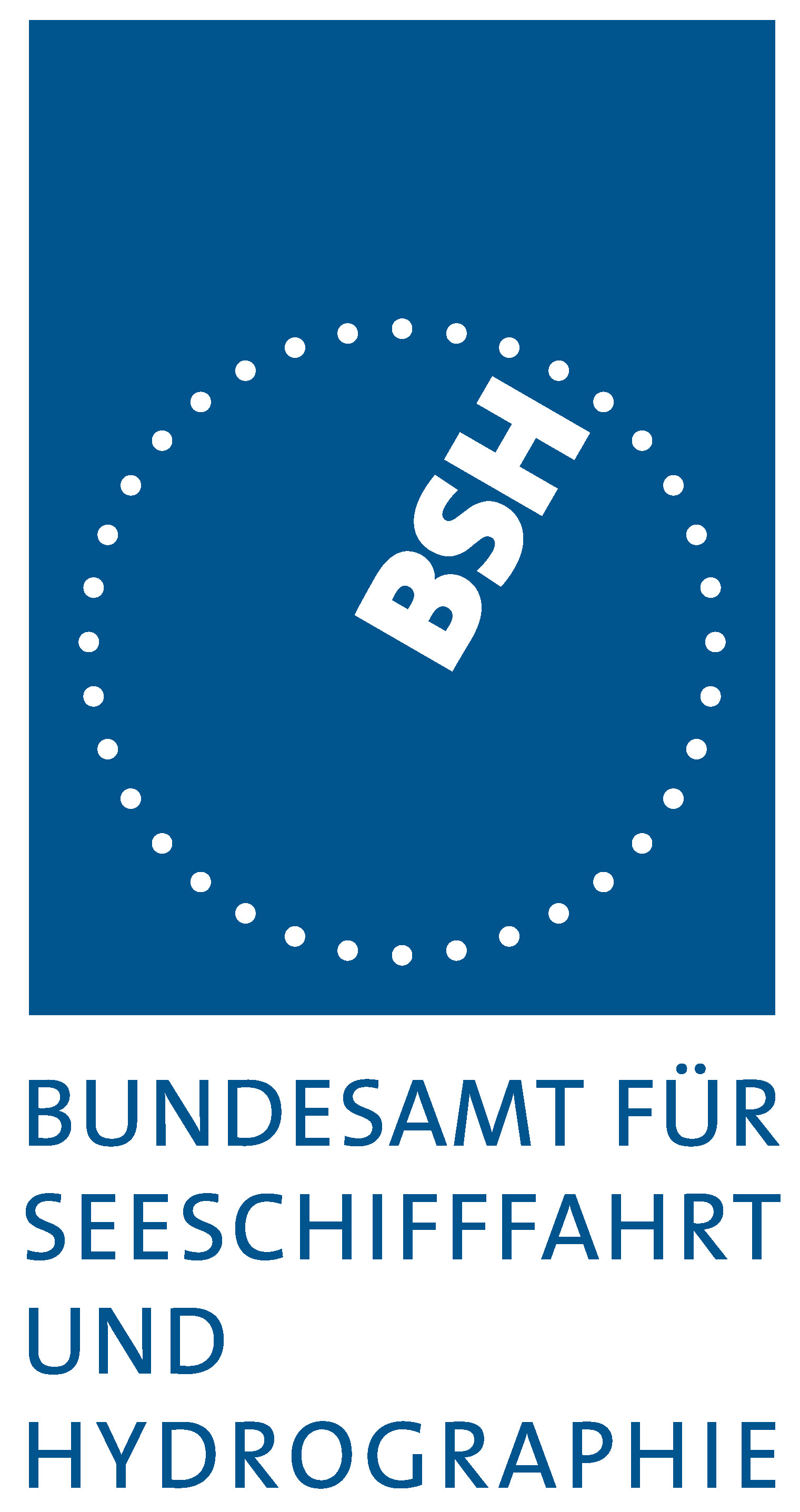 |
| TNO is an independent research organisation established by law as legal public entity, resulting in certain societal responsibilities to create solutions to the challenges that society presents us. AS one of its core themes, TNO aims for achieving a sustainable society. To achieve this, we at TNO focus on a sustainable living environment, sustainable energy, and a sustainable industry. We’re looking for integrated solutions at the system level. These are solutions that balance the changing needs of society, the environment, and the economy. TNO’s acoustics and sonar group strives to support governments and industry in the Netherlands and abroad to better understand, use and control sound. Capabilities include model development (numerical and theoretical), experimental testing and monitoring, system and software development, product innovation, and impact and policy studies. Through involvement in European research, standardization work and links with universities and partners, a broad range of acoustic expertise is available. |  |
| The Institute for Terrestrial and Aquatic Wildlife Research was founded in July 2011 as part of the Hannover University of Veterinary Medicine Foundation. ITAW conducts fundamental, supervisory and applied research in the field of wild biology. The focus in Büsum, Schleswig-Holstein, is on the ecology, distribution and abundance of marine mammals, habitat use and management, bioacoustics and anthropogenic effects on harbour seals (Phoca vitulina), grey seals (Halichoerus grypus) and porpoises (Phocoena Phocoena) and other marine mammal species worldwide. | 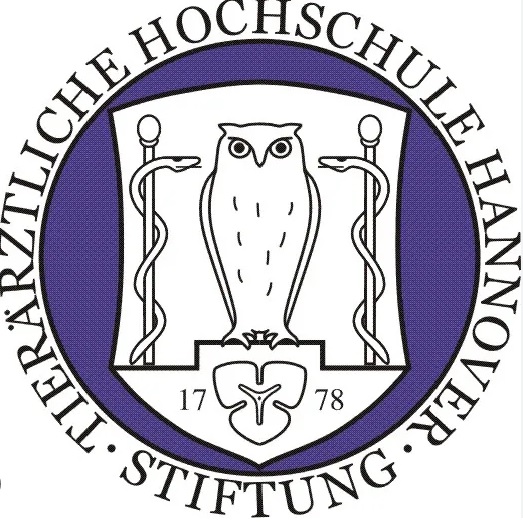 |
IVL has expertise in underwater acoustics and >15 years of experience in underwater noise research, including field measurements, data analysis, source characterization, propagation, modelling and mitigations. IVL researchers in marine ecology and ecotoxicology operate at Kristineberg Marine Research Station. They have long and wide experience assessing and experimentally investigating environmental impacts of various pollutants and environmental stressors on marine organisms, particularly invertebrates such as bivalves, zooplankton, crustaceans and annelids. | 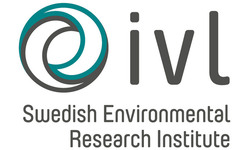 |
| The Royal Belgian Institute of Natural Sciences (RBINS) is engaged from 2007 in underwater sound measurements. This involvement is part of a multi-disciplinary ongoing monitoring program in relation to the effect on marine biota of the implementation of offshore wind energy offshore the Belgian coast. At the same time ‘in-house’ competencies were developed in the field of underwater sound, from instrument deployment, data treatment to scientific publication. Today RBINS is leader in that field for Belgium. RBINS is also participating in the works of TG Noise (EU) and OSPAR ICG-Noise | 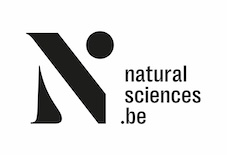 |
The goal of the North Sea Foundation is a clean and healthy North Sea, with sustainable use. Our organisation has 4 teams: Space for nature, Clean seas, Sustainable food and Nature-friendly energy. This project covers many of the expertise within the teams. Within Space for nature we work directly on the goals under 3.2, by ensuring nature protection and restoration within marine protected areas and beyond. The Cleans seas team works specifically on pollution, including shipping, and underwaternoise pollution, to minimize it’s occurrence and effects on nature. Nature-friendly energy goals are also directly bound to this project and programme section 3 and 3.2. The energy transition is much needed to ensure a climate resilient North Sea region, but at the same time this must be done as nature friendly as possible to ensure the link to 3.2. We work on minimizing the effects of the large-scale offshore (wind) energy transition in a nature-positive manner, including taking into account effects of underwaternoise. | 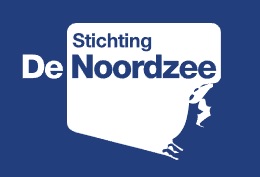 |
| VLIZ acts as coordination and information platform for marine and coastal-related scientific research in Flanders and serves as an international contact point. VLIZ holds extensive expertise in marine biological observations, data management and visualization. VLIZ focuses on the biodiversity-climate nexus, with flagship ESFRIs ICOS and LifeWatch and works directly towards a climate resilient North Sea Region. Within the LifeWatch research infrastructure, a marine observatory is built with sensor networks collecting continuous data on the marine fauna in relation to the habitat and soundscape. Habitat usage of key species, e.g. harbour porpoise, cod, seabass in a changing human dominated area is a key priority and serves goal 3.2. VLIZ supports a sustainable and scientifically founded policy for the marine environment by producing policy-relevant products and services to the marine research community, policy makers and industry. | 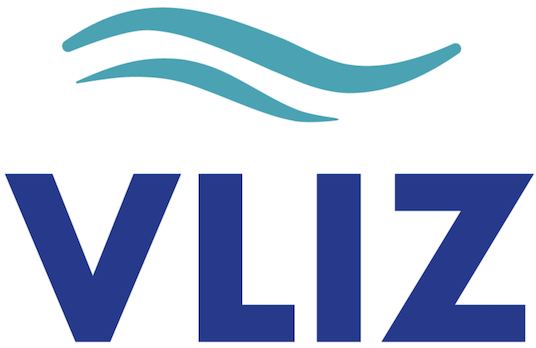 |
JASCO Applied Sciences is recognised as a global leader in the niche field of underwater acoustics. Since 1981, JASCO Applied Sciences has provided research and consulting services for assessing and mitigating underwater sound pollution in the context of various regulatory frameworks. One of JASCO’s specialties is high-precision, numeric acoustic modelling of the sound propagation from anthropogenic sources using bespoke acoustic modelling routines. In tandem with this when required we use our custom animal movement simulation approach to deliver exposure assessments that are biologically relevant. | 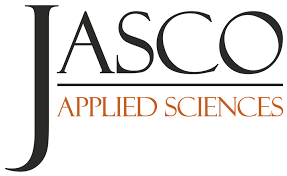 |
